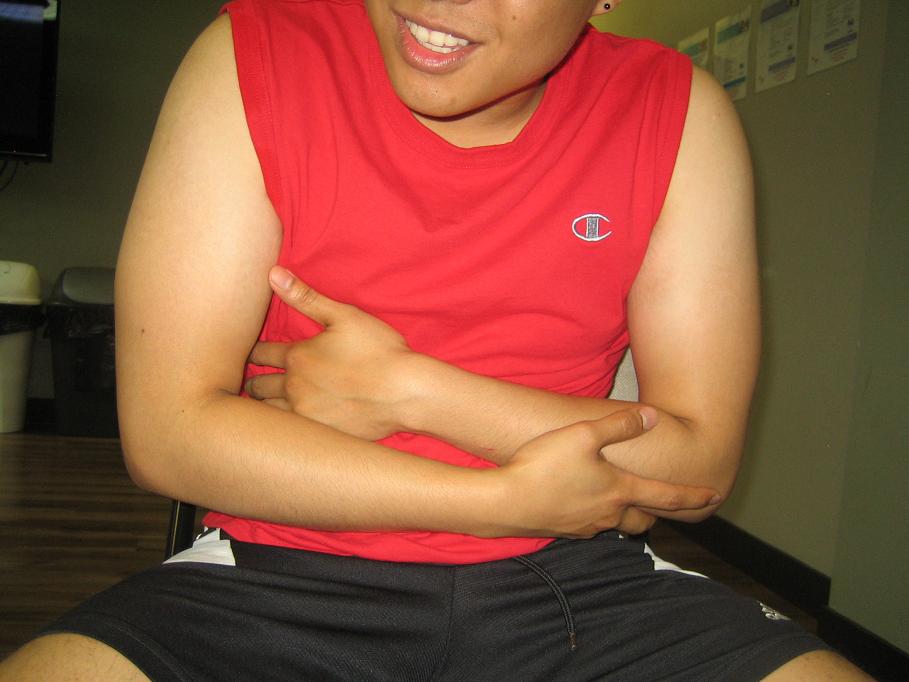Food poisoning is a condition caused by consumption of contaminated food. In most cases, it is not serious and most recover within a few days without requiring treatment. Food is usually contaminated by bacteria such as E. coli or salmonella or a virus such as norovirus.
What are the indications?
The indications of food poisoning typically start within 1-2 days of consuming the contaminated food, but can start at any point between a few hours and several weeks later.
The characteristic symptoms include the following:
- Vomiting
- Feeling sick
- Diarrhea that might contain mucus or blood
- Appetite loss
- Abdominal cramping
The indications of food poisoning typically start within 1-2 days of consuming the contaminated food, but can start at any point between a few hours and several weeks later. - Muscle aches
- Fever
- Chills
In most instances, these symptoms settle in a few days and recover.
What should I do?
Many individuals with food poisoning are able to recover at home and no longer require specific treatment, but there are instances in which seeing a doctor is a must.
Until the individual feels better, provide him/her with fluids to drink and encourage to get enough rest to prevent dehydration. Encourage the intake of more fluids that can be taken as sips.
The individual should try small, light meals initially and stick with foods such as toast, bananas, crackers and rice until he/she feels better. An oral rehydration solution which is available in pharmacies is suitable for vulnerable individuals such as the elderly and those with underlying health conditions.
When to consult a doctor
The following necessitates a trip to a doctor:
- Symptoms are severe such as unable to hold down fluids due to frequent vomiting
- Symptoms do not start to improve after a few days
- Symptoms of severe dehydration are present such as rapid heart rate, confusion, sunken eyes and passing of little or no urine
- Individual is over the age of 60
- Pregnant
- Infant or young child is suspected with food poisoning
- Presence of a long-term underlying condition such as heart valve disease, inflammatory bowel disease, kidney disease or diabetes
- Weakened immune system due to cancer treatment, medications or HIV
In such instances, the doctor might require a stool sample to be analyzed and prescribe antibiotics or even refer the individual to a healthcare facility for close monitoring.
Quick Note / Disclaimer
The material posted on this page on food poisoning is for learning and educational purposes only. To learn to recognize and manage an adult or child with food poisoning, register for a first aid and CPR course with Ottawa First Aid.


